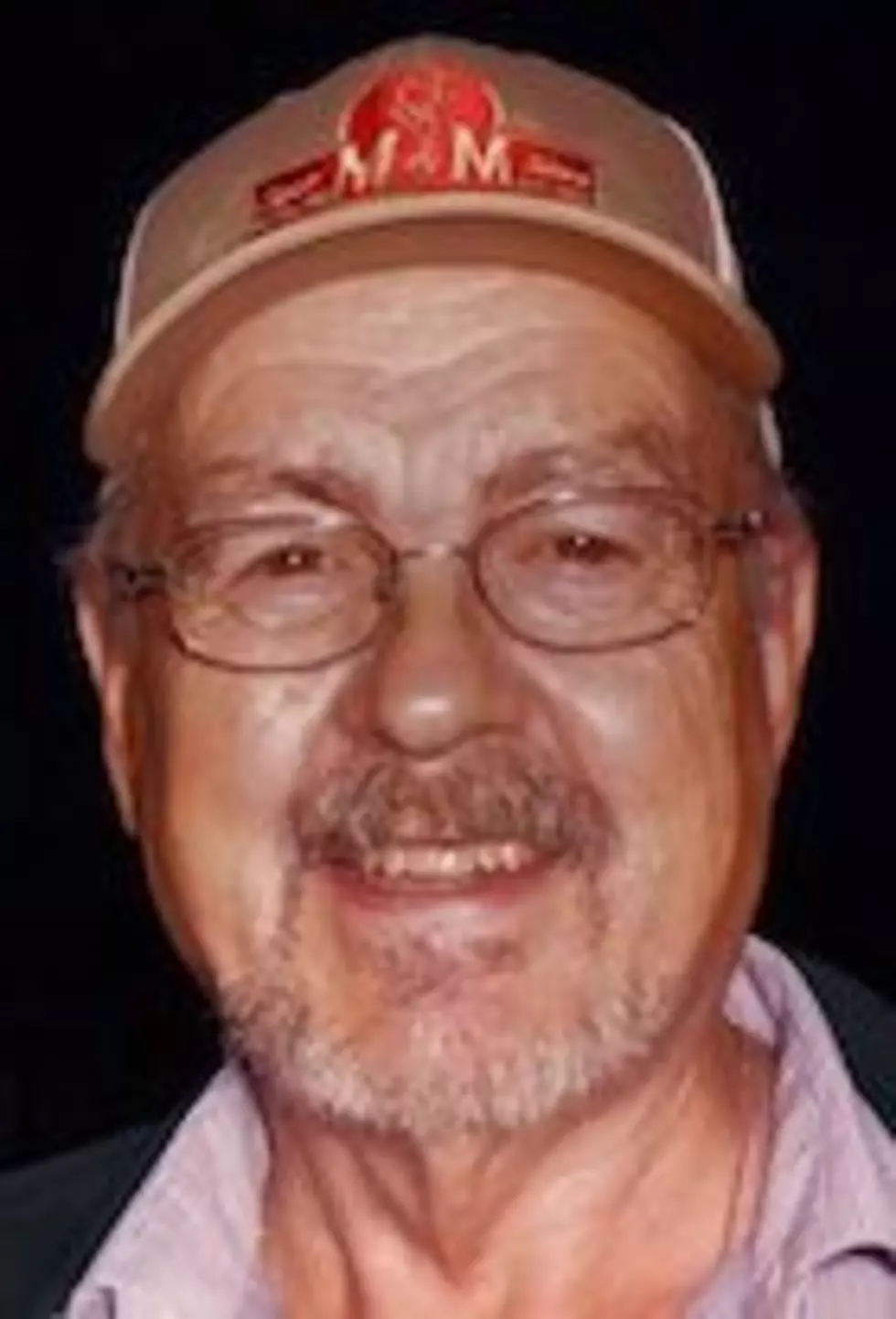
Barrett: 9/11 and its toxic leftovers 20 years later
September 11, 2001 was one of those days, like November 22, 1963, when President John F. Kennedy was assassinated. Most Americans alive in 1963 can remember the exact moment they heard that JFK had been shot. It is seared into their memories. So, too, with 9/11. We mostly saw it rather than heard it. But, no one in America will ever forget the images.
It is said that on November 22, 1963, America lost its innocence. As we cruised through the post WWII period, even with Soviet competition, we believed America always stood for what was right and could accomplish anything. Our innocence was shattered that day.
Now, twenty years after 9/11, it’s worth thinking about what that tragic day means for America and Americans. Initially, it meant amazing and unprecedented unity and cohesiveness. We united behind President Bush as he stood on the rubble and said that we would exact justice on the perpetrators.
Most of us unified further when Bush exhibited true leadership as he told us, notwithstanding who was flying the 9/11 airplanes, that not every Muslim was an enemy and that we needed to be a welcoming America for all who believed in liberty and freedom, whatever their religion, race or their country of origin. Part of that unprecedented unity was frittered away as Bush/Cheney attacked Iraq under false pretenses.
And the rest was further diminished by an evolving political tribalism enhanced by 9/11’s role in the growth of fear and hatred.
But before the fear and hatred played out, 9/11 gave America an extreme sense of vulnerability. Belief in our security was broken. Before 9/11 the Continental US seemed immune to attack, especially after detente with the Soviets. Guarded by the Atlantic and Pacific Oceans, there was a general feeling that our enemies couldn’t reach us. Now, terrorists were commandeering our commercial airplanes as deadly mega-weapons.
Suddenly we were concerned about our “homeland,” a term mostly associated with Nazi-era Germany and not used much previously in the U.S. The meaning of “homeland” in Germany was anchored by the slogan “blood and soil,” (Blut und Boden), a nationalistic, white-supremacist slogan that racially defined the true Germany and true Germans. By 2017, those same words were shouted here in America by anti-Semitic white nationalists marching in Charlottesville, VA.
Another major by-product of 9/11 was fear about easily identifiable targets. Fear of outsiders, people from non-Judeo-Christian religions, non-Europeans, and people with different colored skin. Fear, of course, can metastasize into hatred. That happens naturally to some folks, but it is also the product of political manipulation.
Fear is the most exploitable emotion that politicians play with for their own benefit. Getting people to vote “for” you is much harder than getting them to vote “against” something, with the intent of your side winning election and securing or maintaining political power.
While utilization of fear and hate has never been the exclusive province of any one political party, over the last fifty years the Republican Party has turned it into an art form, starting with dirty tricks master Lee Atwater, who parlayed negative campaigning into becoming Republican National Chair.
But the fear/hate combination really came to the fore in the fertile ground of post 9/11 politics, particularly after Sarah Palin, as John McCain’s running mate, tapped a latent well-spring of hatred. Then, starting in 2012, Donald Trump effectively played the “birther” card with abandon. We have lived with his stoking of the fear/hate motivator since then and with greater intensity. Hatred as motivator in the GOP is now the norm, not the exception.
It currently emerges from the grassroots with such intensity that the manipulators – those using it to gain office and power – are now captive of the very the monster they unleashed.
Many things contribute to the bitter divisiveness and tribalism that permeates our political system today, but the post-9/11 fear/hate combination is a big part of it. After twenty years, it’s a 9/11 gift that, regretfully, just keeps on giving.
Evan Barrett lives in historic Uptown Butte after retiring following 47 years at the top level of Montana economic development, government, politics and education. He is an award-winning producer of Montana history videos who continues to write columns and commentaries and occasionally teaches Montana history.
